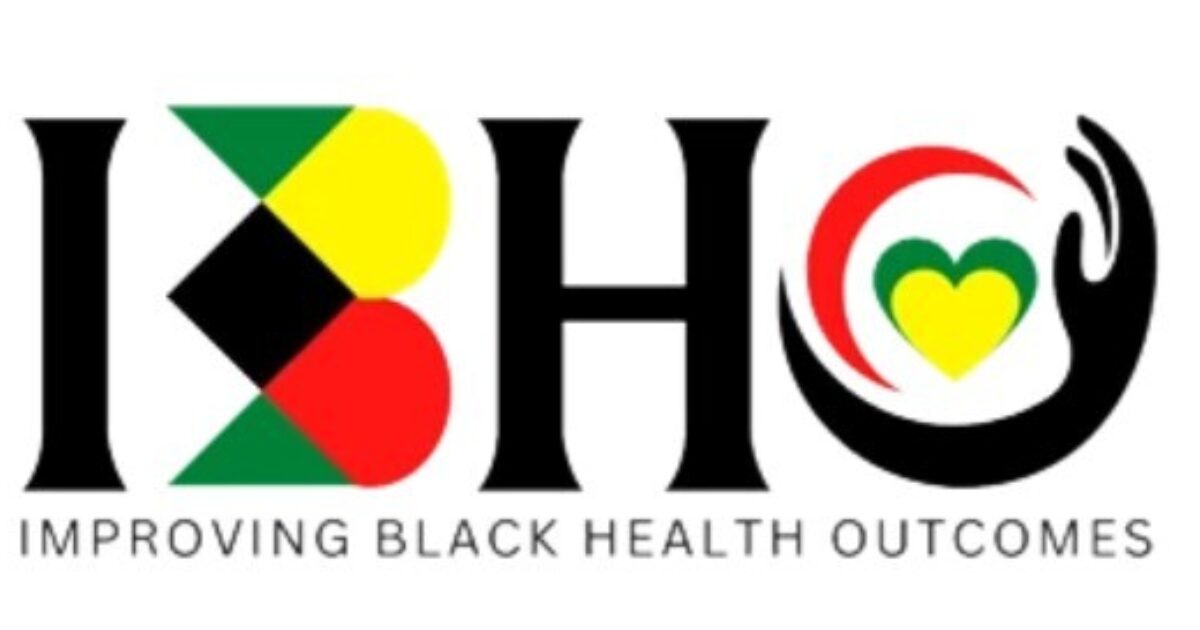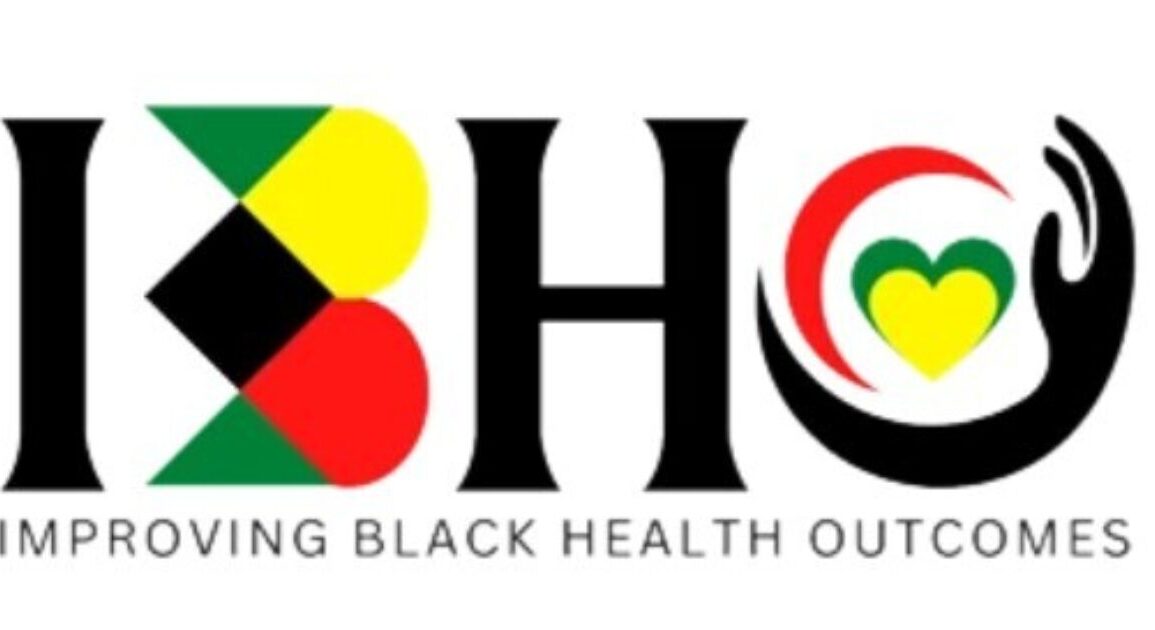
Who can take part?
Those living in England and from Black ethnic backgrounds are invited to join both with or without a health condition.
As there is an initial focus on sickle cell, patients with a confirmed diagnosis are also invited to join via their clinician, regardless of ethnicity.
When someone signs up to the IBHO BioResource, they will be asked to donate a blood or saliva sample, complete a health and lifestyle questionnaire, and fill in a consent form which describes how their data and samples will be used and allows them to be matched to specific research studies.
Sickle cell
Sickle cell is more prevalent among Black populations. According to the Sickle Cell Society, the genetic trait for sickle cell is found in 1 in 4 West Africans and 1 in 10 African Caribbeans and is significantly less common in white Europeans. It is also under-researched, meaning current treatment options are limited.
The initial focus of clinical recruitment for IBHO BioResource is on sickle cell patients. Genomics England is working with the project’s partners with the aim of building a world-leading sickle cell genomics research resource. Patients who are invited to join the IBHO BioResource will also be given the option to join the National Genomic Research Library (NGRL) – one of the richest genomic datasets in the world for both rare conditions and cancer. This will improve and increase future research opportunities in sickle cell so we can collectively better understand it and encourage the development of new and better treatments.
Recruiting the first IBHO BioResource volunteers
Volunteer recruitment is underway at clinics across the country. Des, who is one of the first volunteers to sign up to the programme via BioResource Centre in Leeds, said: “If this study helps us understand how sickle cell affects the African Caribbean community, it will be really helpful.
“By collecting specific information, we can potentially create better treatments and support systems for our community.”
Another person to sign up is Stephanie, who joined via the Whittington Hospital. She said: “It couldn’t have been easier to join. I chose to because there’s a lack of awareness when it comes to sickle cell and it’s not given the focus it deserves considering the number of people living with it. I want to help change that, which can only happen through research.
“Improving health outcomes for Black people is also important to me, given we’re disproportionately affected by multiple conditions. If I can play some small part in helping to change that it would mean a lot to me.”
All the IBHO BioResource partners are incredibly grateful to Des, Stephanie, and all volunteers so far, and the thousands we hope will join in the months and years to come.
How to get involved?
Those wanting to take part or researchers interested in the IBHO BioResource should contact [email protected]. Sickle cell patients should contact the IBHO team via the same email or speak to their clinician about taking part to see whether their clinic is currently participating.


